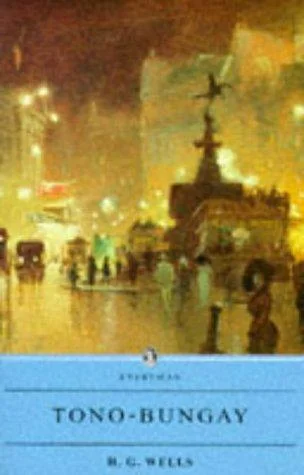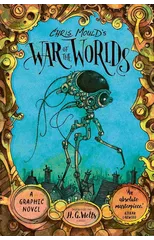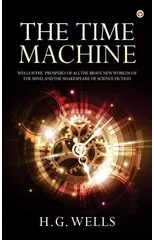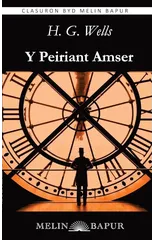"Destiny, magic and chance, human strengths and weaknesses-The Mabinogion's stories are among the most compelling and beautiful in European literature. " Compsed in the golden age of Celtic story-telling in the eleventh century or earlier, they bring together the grotesque and the warmly human, the entertaining and the richly significant. Culhwch is here, perilously wooing the Giant's Daughter; Owain is here, winning the Lady of the fountain by Knightly feats of arms;and -a portent and a miracle both -King Arther is here for the first time as a prime mover in a significant prose narrative ('Culhwch and Olwen'), and thereafter as King and Emperor of what is still the world's most famous royal court. 'A magnificent acheivment...It is hard to think that in scholarship or as a piece of English prose the present translation will ever be bettered'-Sir Idris Bell, "The Welsh Review" 'Magisterial ...the authoritative translation, notable for its meticulous scholarship and a fine literary style' "Oxford Companion to the Literature of Wales"
H.G. Wells
H.G. Wells was a prolific English writer best known for his science fiction novels. His most notable works include "The War of the Worlds," "The Time Machine," and "The Invisible Man." Wells' writing style was characterized by his imaginative storytelling, social commentary, and exploration of scientific concepts. He is often credited with popularizing the science fiction genre and influencing future writers in the field. "The War of the Worlds" remains his most famous work, depicting a Martian invasion of Earth and exploring themes of imperialism and the resilience of humanity. Wells' contributions to literature have had a lasting impact on the genre of science fiction and continue to be celebrated to this day.






